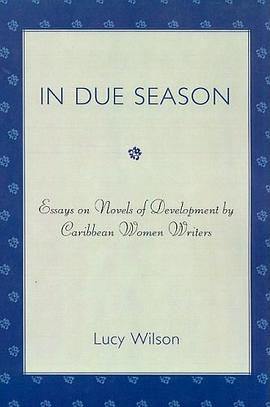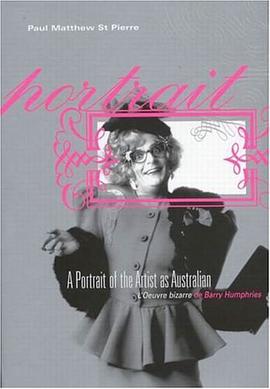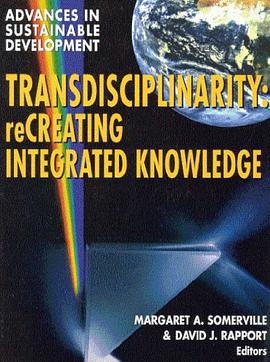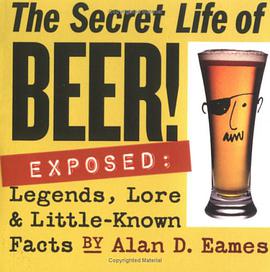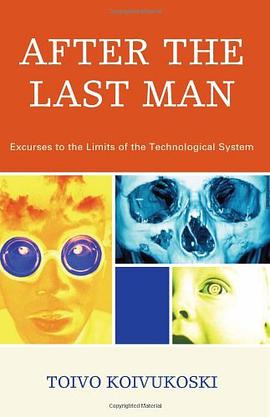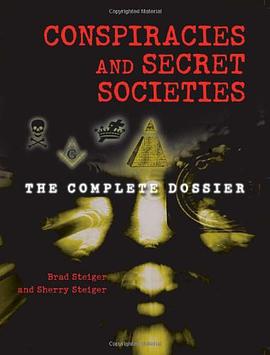

具体描述
In the last thirty years the living-dead, the revenant, the phantom, and the crypt have appeared with increasing frequency in Jacques Derrida's writings and, for the most part, have gone unaddressed. In Cryptomimesis, Jodey Castricano examines the intersection between Derrida's writing and the Gothic to theorize what she calls Derrida's "poetics of the crypt." She develops the theory of cryptomimesis, a term devised to accommodate the convergence of philosophy, psychoanalysis, and certain "Gothic" stylistic, formal, and thematic patterns and motifs in Derrida's work that give rise to questions regarding writing, reading, and interpretation. Using Edgar Allan Poe's Madeline and Roderick Usher, Bram Stoker's Dracula, and Stephen King's Louis Creed, she illuminates Derrida's concerns with inheritance, revenance, and haunting and reflects on deconstruction as ghost writing. Castricano demonstrates that Derrida's Specters of Marx owes much to the Gothic insistence on the power of haunting and explores how deconstruction can be thought of as the ghost or deferred promise of Marxism. She traces the movement of the "phantom" throughout Derrida's other texts, arguing that such writing provides us with an uneasy model of subjectivity because it suggests that "to be" is to be haunted. Castricano claims that cryptomimesis is the model, method, and theory behind Derrida's insistence that to learn to live we must learn how to talk "with" ghosts.
作者简介
目录信息
读后感
评分
评分
评分
评分
用户评价
相关图书
本站所有内容均为互联网搜索引擎提供的公开搜索信息,本站不存储任何数据与内容,任何内容与数据均与本站无关,如有需要请联系相关搜索引擎包括但不限于百度,google,bing,sogou 等
© 2026 book.wenda123.org All Rights Reserved. 图书目录大全 版权所有



